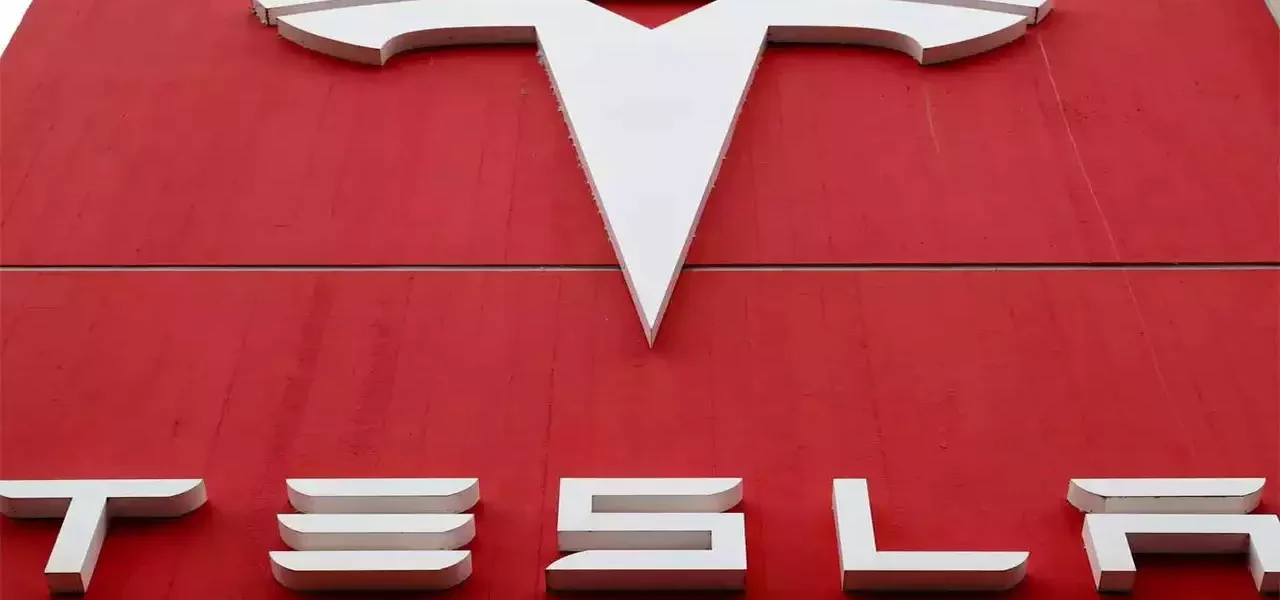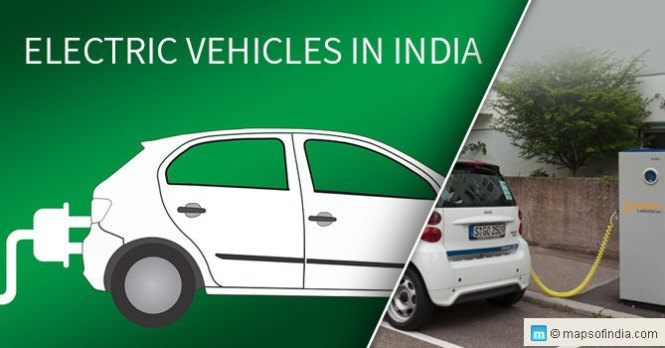At first, about a year ago, the Indian government stood steadfast on its demand that if Tesla needed to sell cars in India, it had to set up a local manufacturing facility in the country, home to the third-largest automobile market in the world. Soon after, Elon Musk, the billionaire CEO of Tesla, announced that Tesla will not set up a manufacturing plant in any location where the company was not allowed first to sell and service cars.
The gridlock meant that Tesla’s India plan had been shelved even as India was pitching itself as a global manufacturing hub, and more so as an alternative to China.
Now, a year since Musk went public, hopes of Tesla’s entry into India have been rekindled after senior officials at Tesla flew down to New Delhi to meet with the government to reportedly work out plans for setting up operations in India. “They are very seriously looking at India as a production and innovation base,” Rajeev Chandrasekhar, information and technology minister, told Reuters in May.
“We have signalled to them that the government of India is working together (and) will certainly make whatever ambitions they have or investment objective they have in (making their) India (plans) a success,” Chandrasekhar added. A few days after that high-profile visit, Musk announced on Twitter that he’ll likely pick a new Tesla factory location by the end of the year—and confirmed that India is an ‘absolutely’ interesting option.
Musk currently needs to set up a manufacturing facility. Whether that’s in India or South Korea or elsewhere is insignificant, considering how the American automaker quickly wants to take advantage of its position as a cost leader in the global electrification journey even as it struggles with supply constraints. Then there is the growing competition from incumbents such as Mercedes, BMW and Volkswagen who have been accelerating their electric journey, and in the process drawing away potential buyers from Tesla, which had for long been seen as the archetype of electric vehicles (EV) globally.
“From what I understand, unlike before, the team from Tesla who came to meet officials are those who have the potential to influence a decision on setting up a manufacturing facility,” says Arun Malhotra, former managing director and CEO of Nissan India and an industry veteran. “That speaks volumes about Tesla’s intention. For the Indian government, this is an opportunity to showcase their manufacturing might, and in the process, it will lead to a potential influx of more companies flocking to India.”
Tesla currently has six manufacturing facilities across the globe, with four in the US. It also has two Gigafactories—a facility that can manufacture cars and batteries—in Shanghai and Berlin. In March, the company confirmed that it has identified Mexico to set up another Gigafactory where it intends to produce a next-generation vehicle. The company plans to sell 20 million EVs a year in 2030 from about 1.3 million currently, which would mean a significant ramp-up in assembly plants and battery production.

EV Update Media – Electric Vehicles and Battery Industry News & Updates
A platform specially designed and developed to keep the industry updated with the right Knowledge, News and Information about developments happening in the Electric Vehicles & Battery sector






